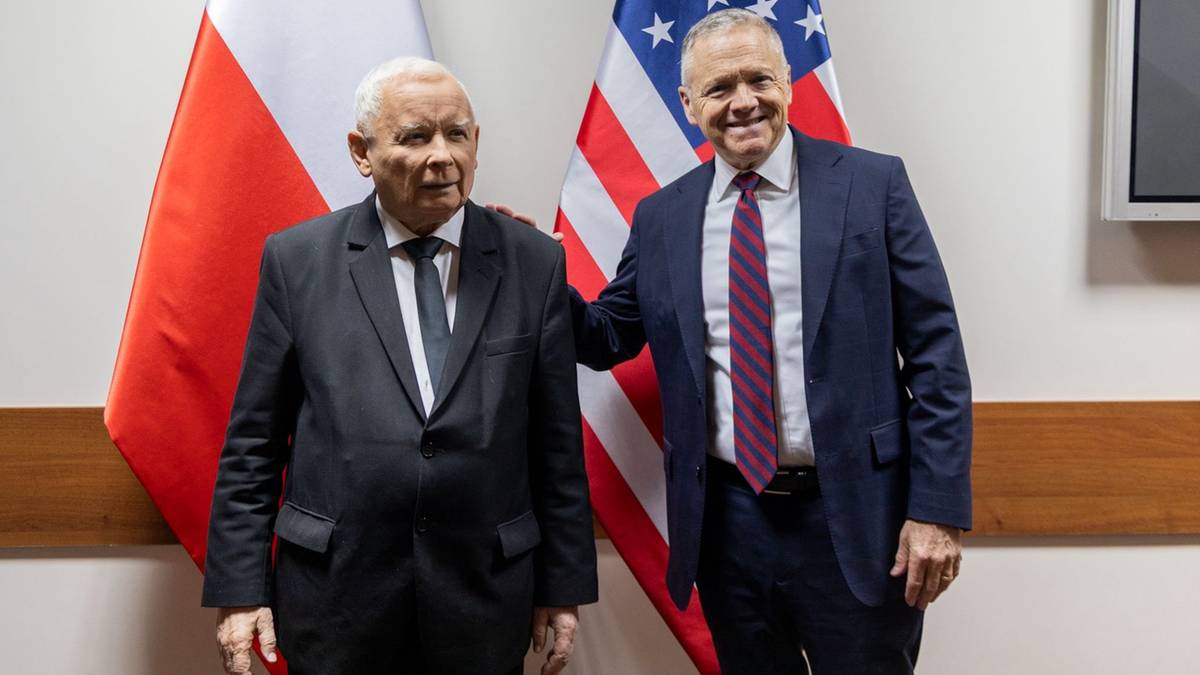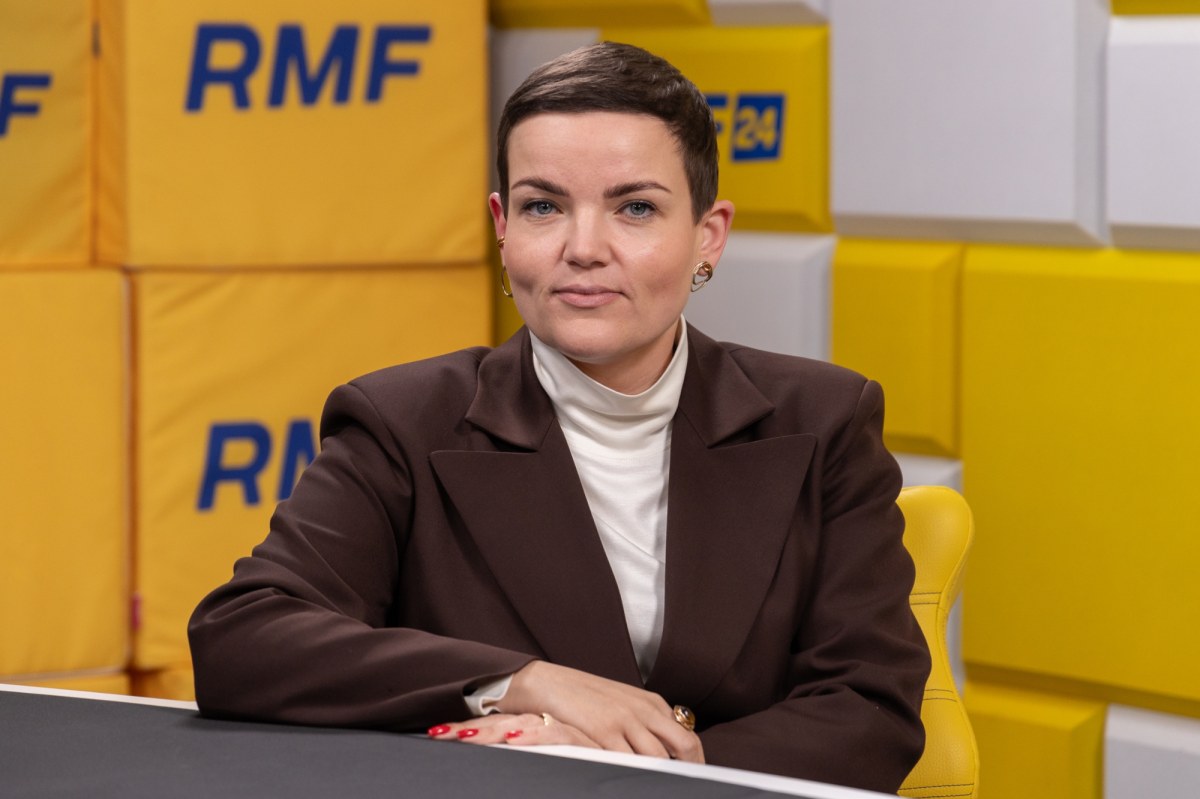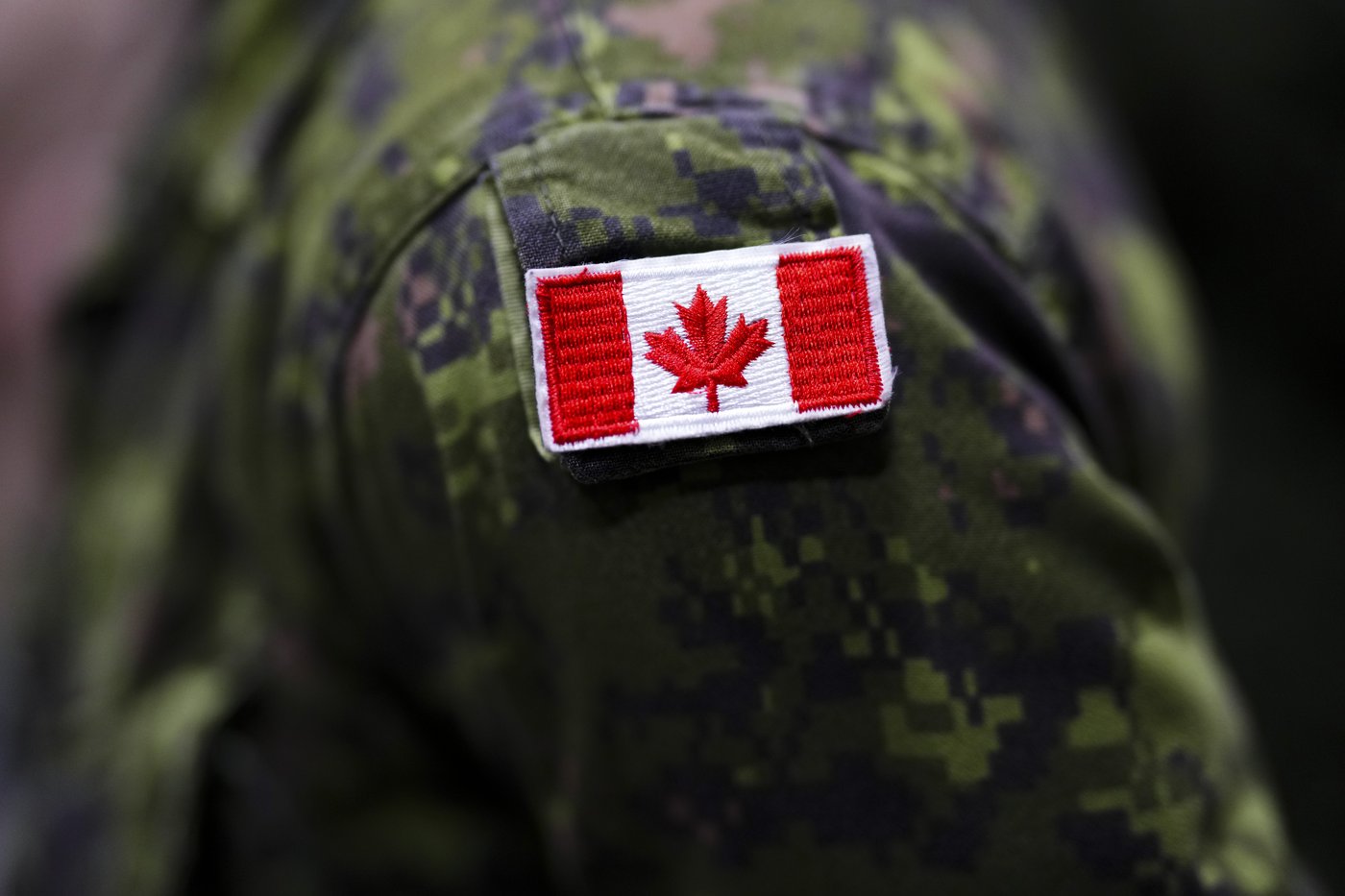Lithuania brought a case against Belarus at the global Court of Justice (ICT) in The Hague, accusing the neighbouring state of organising migrant smuggling and knowingly destabilising Lithuanian borders. This is not only a legal confrontation between 2 countries, but besides a test for the global strategy of law and European borders.
The hot place was the 2021 migration crisis, erstwhile thousands of migrants, mainly from the mediate East and Africa, began to cross EU borders from Belarus. Lithuania, Poland and Latvia, bordering the government of Alexander Lukashenko, saw a abrupt increase in attempts to illegally cross borders. Although it seemed to appear to be a migration wave, it shortly turned out to be an organized process which aimed at exerting political force on the European Union.
The Lithuanian authorities argue that migrants were brought to Minsk specifically to transport them close the EU border. State Belarusian airlines and tourist agencies were to participate in the organisation of flights and visas. Migrants were escorted by Belarusian services to the border and there were frequently forced to cross it.
Lithuania assesses these actions as an open effort to destabilise and blackmail political. Justice Minister Rimantas Mokus said:
"The Belarusian government must bear legal work for organising a wave of illegal migration. This was not just an influx of refugees but an orchestrated run aimed at exerting political force and causing chaos at the EU border."
Lithuania accuses Belarus of violating the UN Protocol against migrant smuggling, which both parties have ratified. This protocol obliges States to take action to prevent and punish smugglers, not to organise illegal passenger transport.
Applying a suit to the MTS is simply a step without precedent in this region. The Court does not conduct criminal proceedings against individuals – it settles disputes between States. Lithuania demands compensation, but above all it wants legal confirmation that Belarus' actions were illegal and were an abuse of sovereignty.
The MTS procedure can take months or even years. For now, the Court must measure whether it has jurisdiction in the case, namely whether both parties have agreed to settle disputes under the UN Convention beforehand.
Policies across borders – a broader geopolitical context
The relation between Lithuania and Belarus has been tense for years. Vilnius was 1 of the first shelters for the Belarusian opposition after the falsified 2020 presidential election. Swiatlana Cichanouska, the main rival of Lukashenko, has since been in the capital of Lithuania. Lithuania openly supports the opposition movement in Belarus, which has repeatedly provoked Minsk's anger.
For Alexander Lukashenko, the usage of migration as a form of emphasis was a way of triggering a political crisis in the European Union. Although these actions were criticised by Brussels, the Union's responses were then alternatively symbolic than decisive.
The case brought by Lithuania can now force a concrete consequence from the global community. If the MTS considers Belarus' actions illegal, this can open the way for further legal and political action.
Reactions in the region and globally
The Belarusian opposition explicitly supported Lithuania's steps. Swiatlana Cichanouska stated:
‘This is not just a substance of Lithuania. It is simply a substance of values that we should defend as an global community. utilizing people in request as weapons is inhuman and unacceptable."
The European Commission has not yet taken a formal position on the lawsuit, but it is unofficially known that many EU associate States are watching the situation closely. Germany, France and the Nordic countries expressed their ‘understanding and support’ for Lithuania's position. The UN besides expressed concern about the organised smuggling of people with state structures. The UNHCR spokesperson stated that, while the right to asylum is inviolable, the usage of migrants as political tools is "violating the fundamental values of humanitarianism".
Legal implications and possible scenarios
If the MTS accepts the case and decides in favour of Lithuania, this could make a fresh global standard. Until now, countries have very seldom been liable for actions leading to human trafficking. This case could change the rules of the game.
On the another hand, if the Court rejects the case or considers that there is no adequate legal basis, it may be perceived as a signal that the authoritarian States may proceed to usage the ‘migration weapon’ without consequence.
For Lithuania, it besides has an interior dimension – the government wants to show its citizens that it protects their borders and takes concrete action internationally. This could besides affect the further strengthening of the Lithuanian-Belarusian border, which is already 1 of the most guarded in Europe.
The word "hybrid war" is increasingly found in the analysis of the situation at the east EU border. It means a combination of military, propaganda, cybernetic and unconventional activities – specified as mass migrations intentionally caused by a 3rd country.
The European Union does not yet have a common defence doctrine against specified threats. The case of Lithuania can so service as an impetus to make coherent mechanisms for responding to specified actions, both legal and operational.
Lithuania's suit against Belarus is more than a legal dispute. This is simply a conflict to set limits for action in global policy. Can you usage people as a tool? Are there limits to the information war and political pressure?
The global Court of Justice will face a serious task – to measure not only concrete facts but besides to give them importance in the context of broader standards of global law.
For Lithuania, it is simply a test of the power of law over the power of politics. For Belarus – possible punishment for abuse. For the planet – the question of whether we can inactive defend the principles at a time erstwhile more and more countries choose cynicism and brutality alternatively of dialog and cooperation.









